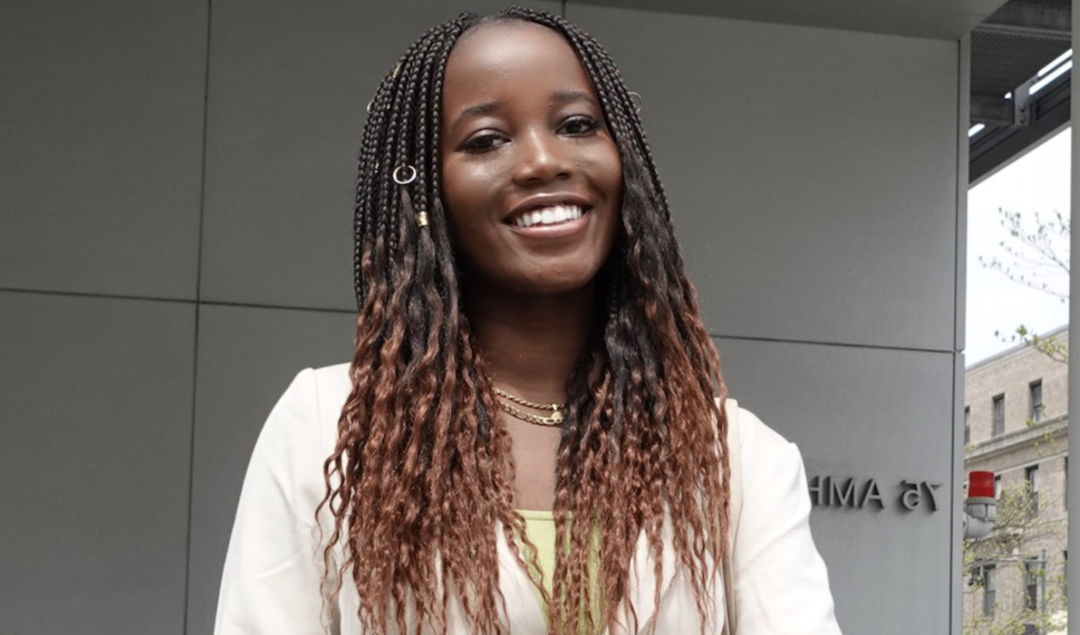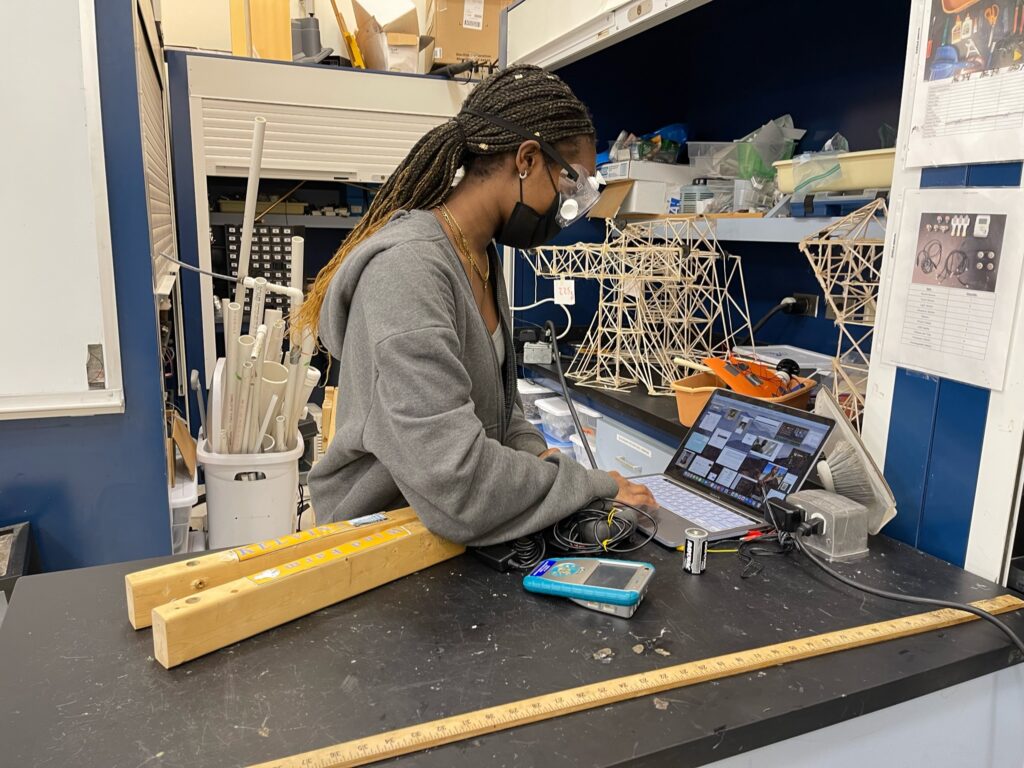This 17-Year-Old Invented A Blockchain-Enabled Fingerprint Scanner To Address The Global Identification Crisis

Elizabeth Nyamwange is a 17-year-old inventor of Etana, a device addressing the identification crisis that affects millions of impoverished women globally.
Her solar-powered fingerprint scanning device enables users to create unique biometric digital identification without relying on internet access.
The identification crisis
NPR reports that around one billion people around the world do not have any official identification, leaving them without important documents, including birth certificates and passports.
Nywamwange, who hails from Byron, Illinois, has dedicated herself to solving the worldwide digital identification gap that primarily impacts women in low-infrastructure environments.
She told AfroTech she saw the direct consequences of this issue when she visited a shop in Kenya owned by her aunt.
“When I’d ask why they didn’t have a bank account, a lot of them would say “It’s because I have no ID,” she said.
“So, then I came back, and I didn’t really kind of think about it for a while. But when I started, I took this app development course and immediately thought, “Maybe I can do something that helps people create digital identification?”
The Etana Device
Nyamwange began to build a prototype. She purchased a 3D printer and secured over $60,000 in funding to support the development, reported AfroTech.
Etana is a solar-powered device that converts a physical fingerprint into a mathematical algorithm stored on a private blockchain server.
“Why I even thought about using blockchain is because of the idea that it’s decentralized,” she said. “So, let’s say if a woman is inputting information, no one can change it. It’s immutable. No one can deny anything.”
“The use of blockchain technology to combat the digital identification crisis isn’t new,” Nyamwange told POCIT. “But the problem remains that women are far less likely to have identification than men.”
“I used the work of prior digital identification startups like ID Box by Julien Bouteloop to understand how blockchain can help solve the identification crisis and worked on adapting his work in a more gender-responsive way.”
All records on Etana are individually encrypted, all transactions are time stamped and recorded on block, and any validated records are irreversible and cannot be changed.

Etana doesn’t need internet access to work unlike other biometric digital ID systems. The goal is to allow women to participate in essential processes such as banking, getting jobs and receiving healthcare.
Further Achievements and Plans
Nyamwange has also served as a youth advisor to the United Nations on issues of Gender and Education.
She addresses science that excludes women’s perspectives and contributions while contributing to research focused on serving the most vulnerable communities.
Nyamwange hopes to inspire more women in STEM and see an increase from less than 10%.
“By providing girls around the world with knowledge on how to innovate and reason critically, we are raising a generation of leaders who are bound to change the world,” she said.
Most recently, the 17-year-old innovator has been awarded the HP Girls Save the World Award, the 2022 Global Teen Leader Award, and the MNIT Youth Solv(ed) Award.
Amendments: This article was updated on September 22, 2023, to include a quote by Elizabeth Nyamwange referencing ID Box by Julien Bouteloop.



